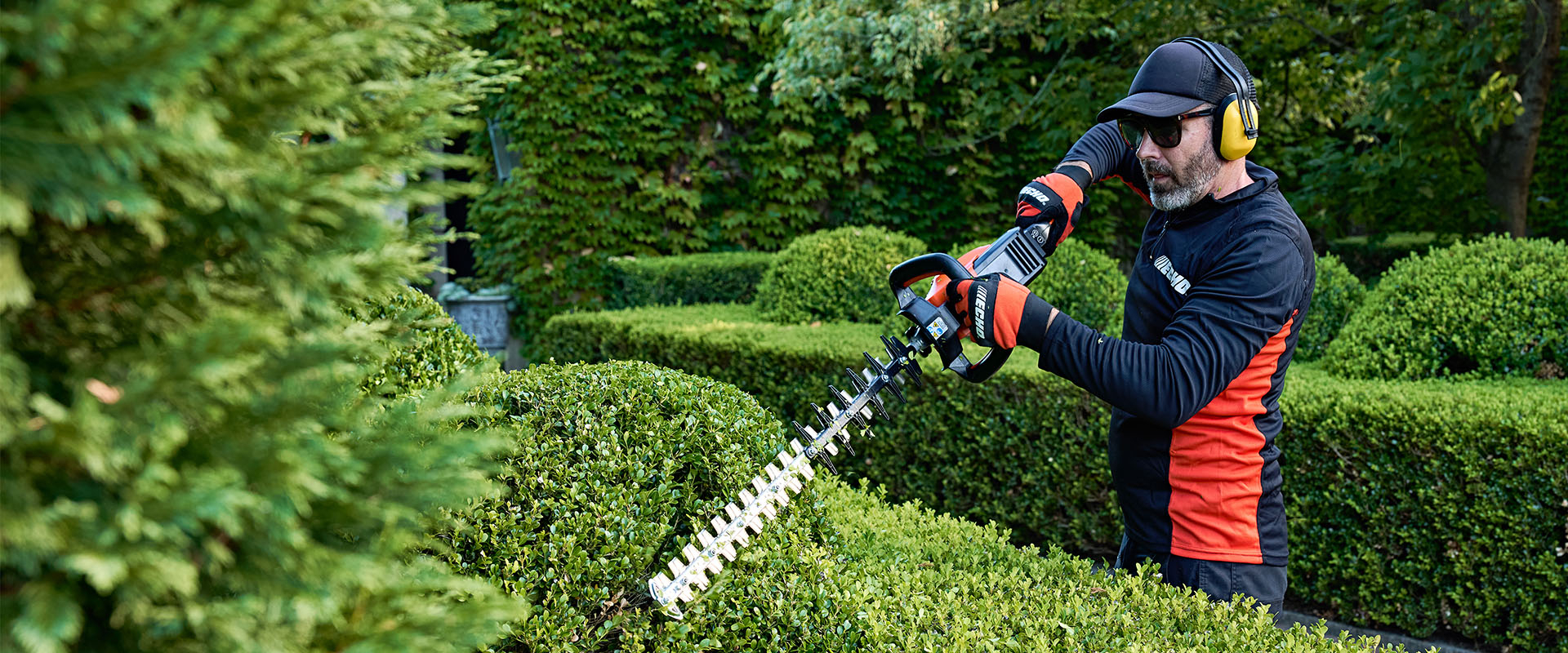
Spring hedge trimming techniques
Trimming Techniques: How to Get Your Hedges Ready for Spring Growth
Spring is the perfect time to give your outdoor space the attention it deserves. Among the many tasks on your spring to-do list, trimming hedges should be at the top. Let's delve into the importance of trimming hedges in spring, techniques for shaping and pruning, and invaluable tips for promoting healthy growth and appearance.
Importance of Trimming Hedges in Spring
Trimming hedges in spring isn't just about aesthetics; it's about ensuring the overall health and vitality of your plants. During winter, hedges often experience dormancy, which can lead to unruly growth, dead branches, and an overall lackluster appearance. Spring trimming removes dead or damaged branches, encourages new growth, and shapes the hedge for the upcoming season. Additionally, pruning in spring allows ample time for plants to recover and thrive during the warmer months ahead.
If you’re looking for a trimmer than can deal with both fine trimming and cutting cleanly through thick branches, then the ECHO DHC-2200R has you covered! This hedge trimmer represents the height of ECHO’s decades of experience, combining Japanese construction standards with their latest technological patents. You can learn all about this exciting hedge trimmer here.
Techniques for Shaping and Pruning Hedges
Achieving beautifully shaped hedges requires proper techniques and tools. Start by assessing the hedge's overall shape and desired height. Use a sharp, quality hedge trimmer to ensure clean cuts and precise shaping. Begin trimming from the bottom and work your way up, following the natural contour of the hedge. For formal hedges, use stakes and strings as guides for straight lines. Remember to step back periodically to assess your progress and make adjustments as needed. When pruning, aim to remove no more than one-third of the plant's overall growth to avoid stressing the hedge.
Tips for Promoting Healthy Growth and Appearance
Beyond trimming and shaping, certain practices can enhance the health and appearance of your hedges:
- Regular Maintenance: Schedule routine trimmings throughout the growing season to maintain shape and density.
- Proper Timing: Aim to trim hedges after the last frost but before new growth becomes too vigorous. This allows for optimal recovery and minimizes stress on the plants.
- Feeding and Watering: Provide hedges with adequate nutrients and water to support vigorous growth. Apply a balanced fertilizer in spring and water deeply during dry spells.
- Mulching: Apply a layer of organic mulch around the base of the hedge to conserve moisture, suppress weeds, and enrich the soil.
- Pest and Disease Management: Keep an eye out for signs of pests or diseases and take prompt action to mitigate any issues. Regular pruning and proper spacing can also help improve air circulation and prevent disease.
By following these tips and techniques, you'll ensure that your hedges not only look their best but also thrive throughout the spring and beyond.
Check out ECHO’s full lineup of hedge trimmers here.
For professional 56 eFORCE battery models, click here.
For our Garden+ 40V farmer / home owner range, click here.
